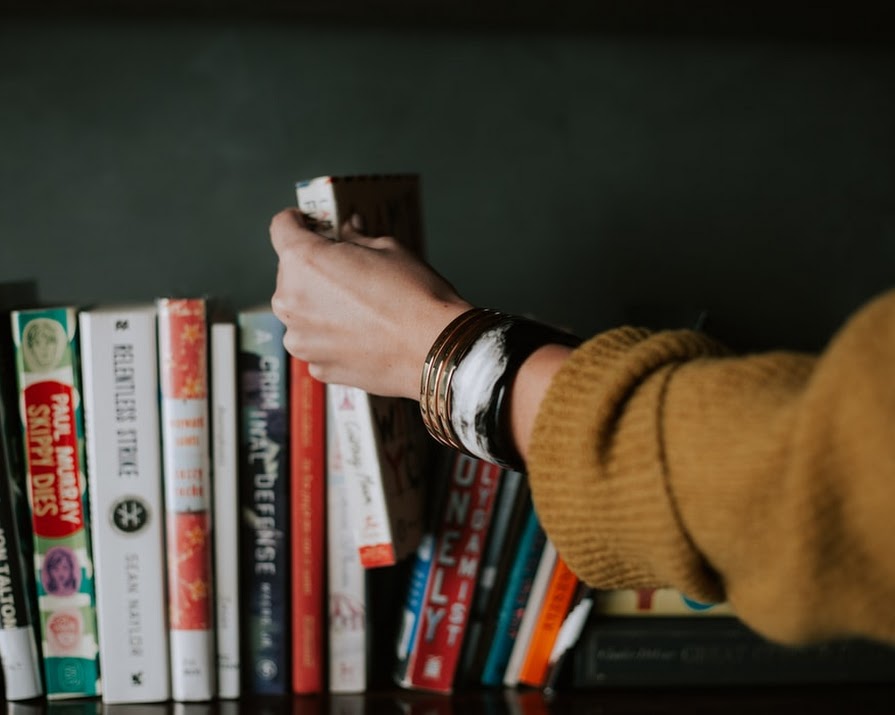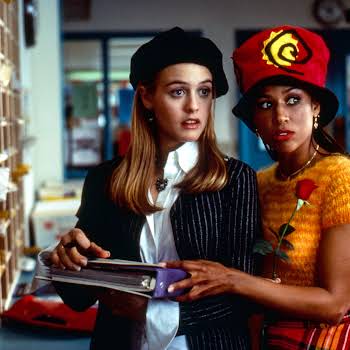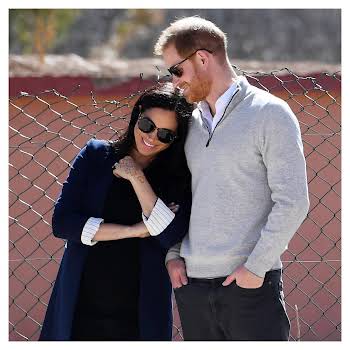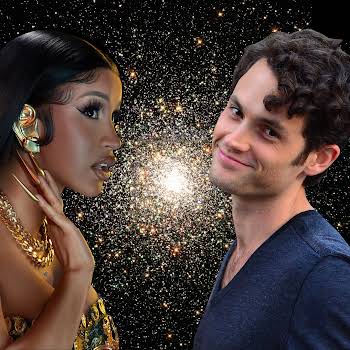
#PublishingPaidMe is an eye-opening reveal of pay disparity in the publishing industry
By Erin Lindsay
08th Jun 2020
08th Jun 2020
The hashtag began to gather steam on Twitter this week, as authors and illustrators shared their experiences with the publishing industry
How much does it pay to write a book? Well, depending on your background, the answer can vary a lot. This week on Twitter, authors and illustrators began to crunch the numbers of how well the publishing industry really pays, with some interesting results.
Author LL McKinney created the hashtag #PublishingPaidMe to highlight pay disparities between Black and white writers.
After the hashtag was shared by Tochi Onyebuchi, Twitter users relayed the amounts they were paid via advances (the sum of money an author is paid before the book is published, that is paid against any future royalty earnings) for each of their published books; sums were shared from fantasy writers, academic authors, graphic designers and illustrators and those with decades of experience.
#Publishingpaidme
185K for each book in the ASH PRINCESS trilogy
200K for each book in the CASTLES IN THEIR BONES trilogy
125K for HALF SICK OF SHADOWS— Laura Sebastian (@sebastian_lk) June 6, 2020
#PublishingPaidMe for YA:
20k for THE NEAR WITCH
25k for THE ARCHIVED
30k for THE UNBOUND
40k for THIS SAVAGE SONG
40k for OUR DARK DUET
100k for next book (It’s my 20th book, and I’m now a bestseller with a massive track record).— Victoria/V.E. Schwab (@veschwab) June 6, 2020
The glaring disparities showed that white authors were often paid far more for their first advance than Black authors, and were often paid more for subsequent published works, even if their books were less commercially successful than their Black counterparts.
One example compared two fantasy authors: Laura Sebastian, who is white, and N.K Jemisin, who is Black. Both women are New York Times bestsellers, with Jemisin being the first author to have won the Hugo Award for Best Novel (an award for science fiction/fantasy works) for all three books in her Broken Earth trilogy.
Sebastian revealed that, for her first trilogy, she was paid $185,000 for each book. For her next trilogy, she was paid $200,000 for each book. In contrast, Jemisin was paid just $40,000 for each book in her first trilogy, and just $25,000 for each work in her next two trilogies (including her award-winning Broken Earth series).
Something this hashtag has taught me:
*white authors get major advances deals off the bat
*poc get paid SUBSTANTIALLY less
*nyt best-selling white authors still make astonishingly more money than nyt best-selling poc authors
This is shameful. It really is.
#PublishingPaidMe— Lilly Santiago ?? (@LillyMSantiago) June 6, 2020
In what is a hugely significant time for conversations about systemic racism, the conversation around #PublishingPaidMe turned to how BIPOC authors can be supported and encouraged in their fields. As one user Kerstin Hall pointed out, for many authors, advances only reach a big level by their fifth book, or even later. Which leaves us to wonder how those who don’t have the resources can afford to keep writing for a living.
One thing I'm finding interesting about #PublishingPaidMe, is that —crazy debut shenanigans aside— it seems that authors often only hit the big advances on their fifth book or later.
Which invites the question: Who has the resources to keep trying, and who is forced to quit?
— Kerstin Hall (@Kerstin__Hall) June 7, 2020
But many Black authors lent their encouragement to up-and-coming new writers. Malorie Blackman OBE, author of the massively successful Noughts and Crosses series, which focuses on racism, voiced her support for POC writers.
A plea to POCs embarking on a writing career – PLEASE don't let #PublishingPaidMe put you off being an author and/or illustrator if that's the career you're currently pursuing. Your voice, your work, your stories matter. The situation will improve. It has to.
— Malorie Blackman is away. (@malorieblackman) June 7, 2020
Along with so many industries, the publishing industry has so much work to do to ensure that BIPOC authors and illustrators are properly supported and paid for their work. As we move along the momentum of the Black Lives Matter movement, it is hoped that more and more BIPOC writers can have their stories heard.
Read more: 9 Black-owned Irish businesses to support now
Read more: Minneapolis pledges to dismantle and rebuild their police department following George Floyd’s death
Read more: Opinion: Here’s what’s wrong with JK Rowling’s comments on trans people























